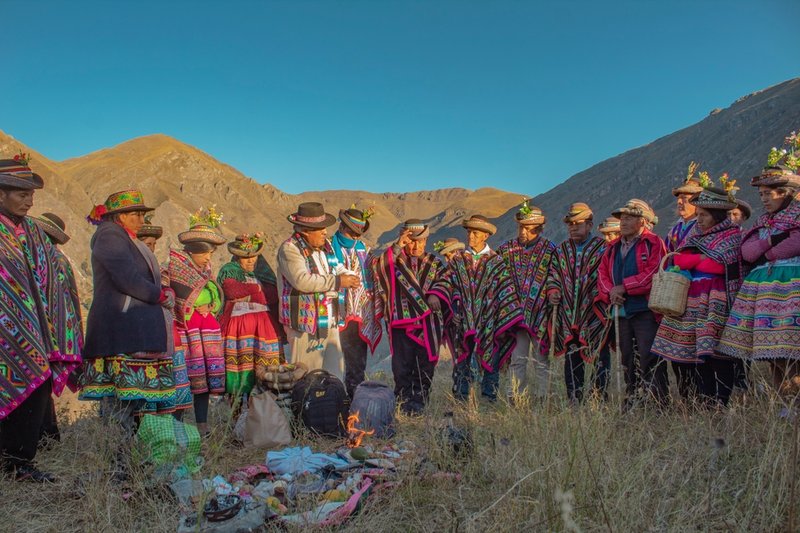Indigenous Lessons for Intergenerational Governance

Joseycha Ramos / Shutterstock.com
Whether governments, corporations, or nonprofits, our institutions tend to suffer from myopia. They govern with a focus on the near-term and act in the immediate interest of those who hold power today. Such a governance approach discounts long-term sustainability and has both helped cause and now thwarts our efforts to address the worst crises we face, such as climate change and biodiversity loss.
There is growing recognition that our institutions should consider future generations in formal organizational processes. Many governments are adopting mechanisms and processes to encourage intergenerational policymaking. UN member-states are negotiating a Declaration on Future Generations that would create a basis for long-termist governance and help catalyze institutional transformations.
But long-term-oriented governance is hardly a novel idea. Throughout human history, various indigenous communities have prioritized long-term sustainability and the interests of future generations. As part of the Future of Institutions project, New America’s Political Reform program is bringing together a group of emerging researchers to explore the intergenerational governing practices of a handful of these communities from around the world. These communities carry lessons that are urgent and essential for understanding how our institutions can act to bring about a more sustainable future that safeguards the wellbeing of people and the planet.